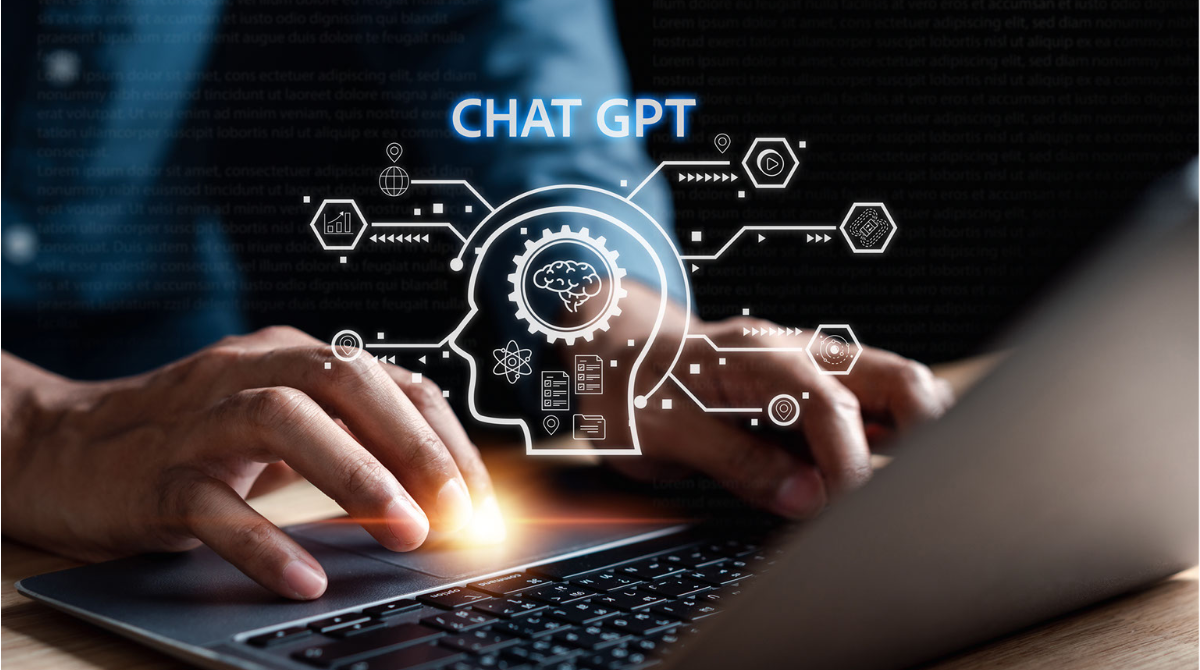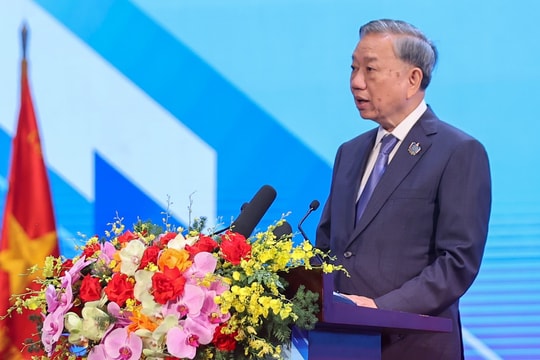How does the growth of ChatGPT challenge the education system?
(Baonghean.vn) - The rapid development of the natural language processing program ChatGPT in recent times has been challenging the education system worldwide, however, this artificial intelligence product also creates opportunities for educational innovation.
Experts say the challenges our education system will face in 2023 will be even greater as ChatGPT continues to grow. Teachers around the world have expressed concerns that this new AI application will make it easier for students to cheat on exams and plagiarize when doing research projects.
 |
Illustration photo. |
Unlike conventional applications, ChatGPT can answer any question that users ask, and can even write an essay or commentary on any requested topic.
The highlight of ChatGPT is the ability to interact and communicate like a human being. ChatGPT helps users look up information by asking questions. With a large amount of input data, including 115 billion parameters, 300 billion words, plus many different input data sources, ChatGPT can be considered the best chatbot program ever.
Suppose we don't like the answer, ChatGPT can ask for more details and can give more appropriate responses. We can change the questions and concerns and this chatbot will provide appropriate answers. ChatGPT self-corrects during discussions and develops more accurate answers.
In addition, ChatGPT provides easy access to a wide range of writing and presentation materials that educational institutions use to assess the abilities of pupils and students. Tests conducted in the UK showed that ChatGPT's ability to write an essay was very fast, taking only about 30 minutes. This may lead to educational institutions needing to take a closer look at traditional assessment methods.
Instead of students having to do assigned exercises for a long time of 2 to 3 hours, with the support of ChatGPT, they only need about 10 minutes. Besides the advantages of this application for learners, it also poses great challenges for teachers and educational institutions in changing the way of teaching and testing and evaluation.
The purpose of education is to teach people how to think and be creative, so the emergence of intelligent chatbots like ChatGPT can lead to students being lazy to think and lacking creativity. These are challenges for educational administrators and will impact both direct teaching and learning in educational institutions.
There are several ways to avoid ChatGPT abuse in the educational sector, including using plagiarism detection software specifically designed for ChatGPT. However, in practice, assignments given to students always depend on their honesty and integrity because it is difficult to detect plagiarism in large classes.
The way forward for educational institutions is to modify traditional forms of assessment and incorporate a variety of techniques to assess learners’ creativity, knowledge and skill development. Our education system has the opportunity to make students active participants in the development of the knowledge economy rather than just passive recipients of the curriculum.
Tests can only assess students’ abilities in areas such as memorization, writing skills, time management, and information gathering. However, in-person exams are the best way to avoid the abuse of chatbot apps like ChatGPT.
To avoid relying on ChatGPT, educational institutions will need to assess students through presentations and analysis, assessments that require citing sources. Additionally, educational institutions will need to spend money on advanced online submission software and plagiarism detection systems. These should be used early in education, such as at the university and high school levels.
ChatGPT has a strong impact on various industries, of which education is considered the most affected sector. Along with positive changes, ChatGPT also has negative impacts if we do not understand and have policies to limit those impacts. Based on clarifying the impacts of AI in general and ChatGPT in particular on the education sector, educational institutions need to have timely and reasonable orientations, research, reviews and policy adjustments.
For ChatGPT, instead of worrying about the negative impacts of this technology on education, educational institutions should find solutions to adapt and take advantage of the power of this application to help reduce the workload of teachers and encourage creativity of students, in which the factor that needs to be trained today is adaptive thinking so that when approaching new technologies, each person will have appropriate countermeasures.





.jpg)


